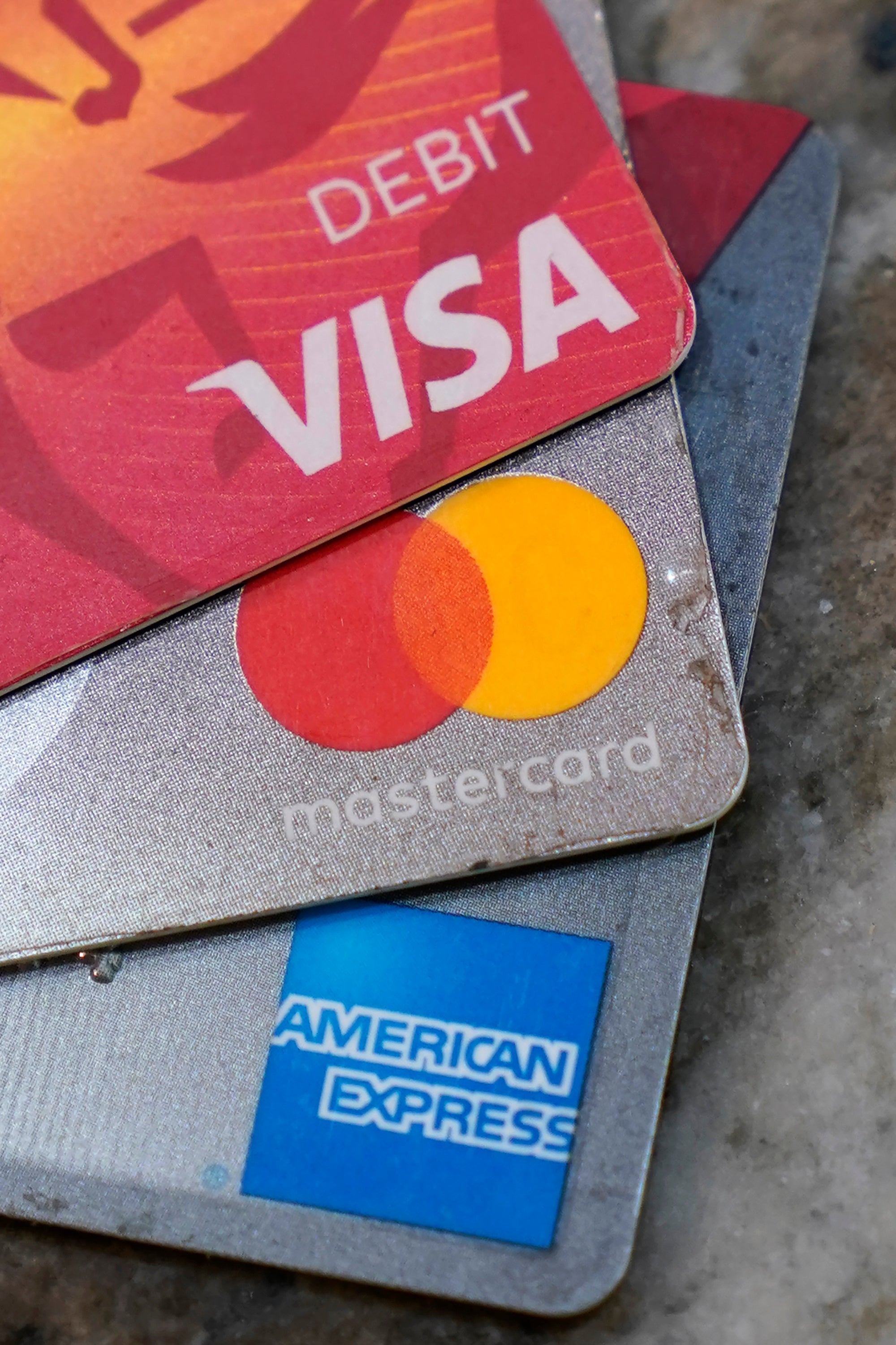GOP AGs push Visa, Mastercard, AmEx not to track gun sales
A group of Republican attorneys general are pushing the major payment networks _ Visa, Mastercard and American Express _ to drop their plans to start tracking sales at gun stores, arguing the plans could infringe on consumer privacy and push legal gun sales out of the mainstream financial network

Your support helps us to tell the story
From reproductive rights to climate change to Big Tech, The Independent is on the ground when the story is developing. Whether it's investigating the financials of Elon Musk's pro-Trump PAC or producing our latest documentary, 'The A Word', which shines a light on the American women fighting for reproductive rights, we know how important it is to parse out the facts from the messaging.
At such a critical moment in US history, we need reporters on the ground. Your donation allows us to keep sending journalists to speak to both sides of the story.
The Independent is trusted by Americans across the entire political spectrum. And unlike many other quality news outlets, we choose not to lock Americans out of our reporting and analysis with paywalls. We believe quality journalism should be available to everyone, paid for by those who can afford it.
Your support makes all the difference.A group of Republican attorneys general are pushing the major payment networks — Visa, Mastercard and American Express — to drop their plans to start tracking sales at gun stores, arguing the plans could infringe on consumer privacy and push legal gun sales out of the mainstream financial network.
The letter comes more than a week after the payment networks said they would adopt the International Organization for Standardization's new merchant code for sales at gun stores. The merchant code would categorize sales at gun stores not unlike how payment networks categorize sales at airlines, restaurants, and department stores.
In their letter, the AGs threaten to use all legal tools at their disposal to stop the payment networks from tracking gun sales.
“Categorizing the constitutionally protected right to purchase firearms unfairly singles out law-abiding merchants and consumers alike,” the letter said.
In recent weeks gun control advocates argued that separately categorizing gun store sales could potentially flag a surge of suspicious sales activity to public safety officials. They have used the example from the 2016 Pulse Nightclub shooting in Orlando, where the shooter purchased $26,000 worth of ammunition ahead of the massacre.
But the Second Amendment lobby and its advocates have argued that the merchant code would do a poor job of tracking potential red flags and could unfairly flag legal gun purchases. A sale of a gun safe worth thousands of dollars would be categorized as a gun store sale just as much as someone buying thousands of dollars worth of ammunition, for example.
The payment networks said when they adopted the policy that they are just following the guidance from ISO. It will be largely up to the banks who issue the credit and debit cards to decide whether they want to stop sales under certain merchant codes.
The CEOs of the major banks will appear in front of Congress on Wednesday and Thursday this week, and they are almost certainly to be asked questions on the gun store sales tracking controversy.